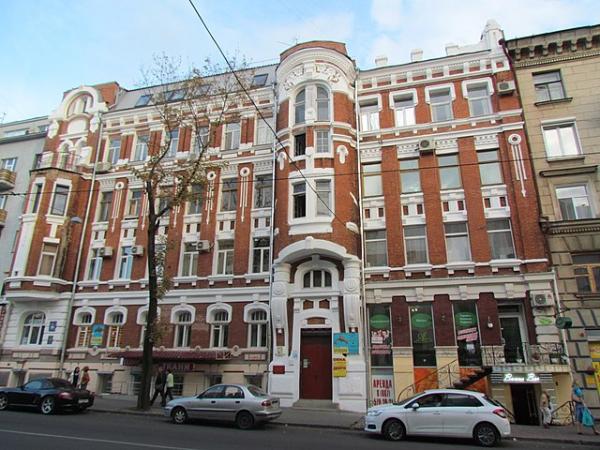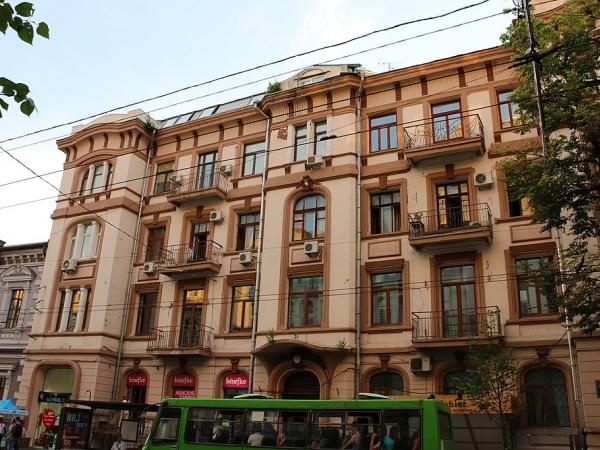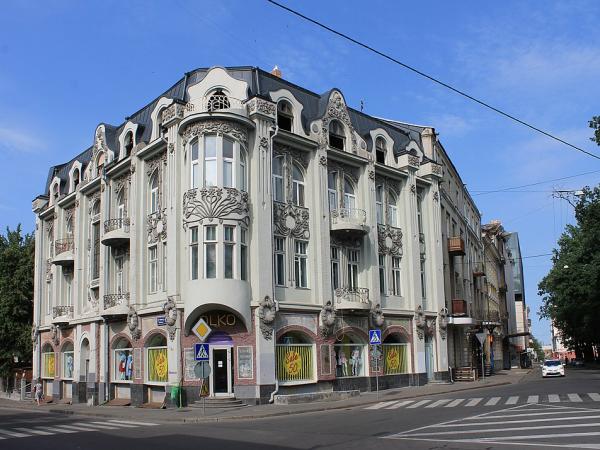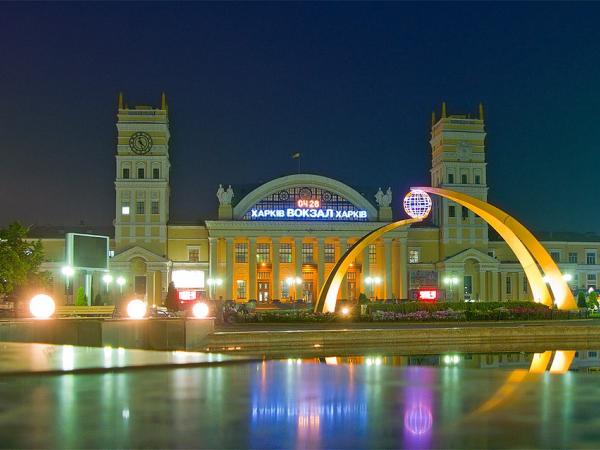
Next to Kyiv, the capital of Ukraine, Kharkiv is the second largest city in Ukraine. With a population of 1.6 million, Kharkiv is a major industrial, cultural and educational center of Ukraine.
Originally founded in 1656 as a fortress protecting Moscow from the Tatars, the city grew as a trade and cultural center, and in 1765 it became the administrative center of Ukraine. With the development of the vast mineral wealth of the region in the late 19th century, Kharkiv developed into an industrial and rail transportation center.
During World War I Kharkiv was the scene of heavy fighting, first between German and Russian troops and later (1917-20) between opposing forces in the Russian Revolution. It was the capital of the Ukrainian Soviet Socialist Republic from 1920 to 1934, when it was replaced by Kyiv. During World War II Kharkiv was occupied (1941-43) by German troops and suffered severe damage.
Today, Kharkivs industrial base includes major industries such as farm and mining machinery, electric and railroad equipment, chemicals, machine tools, and processed food. Kharkiv is the home of 23 institutions of higher education.
In addition, it is a major center for treating victims of the Chernobyl nuclear accident. In the cultural area it includes numerous theaters, museums, churches and cathedrals, parks and gardens.
In 1781, Kharkiv adopted its current city seal. Its horn of plenty symbolizes the richness and wealth of the Kharkiv province and the fruitfulness of its land.
Why Kharkiv?
The Vasyl N. Karazin Kharkiv National University is the most prestigious reputable classic university, which was founded due to the efforts by Vasily Karazin in Kharkiv in 1804–1805. On 29 January [O.S. 17 January] 1805, the Decree on the Opening of the Imperial University in Kharkiv came into force.
The Roentgen Institute opened in 1931. It was a specialist cancer treatment facility with 87 research workers, 20 professors, and specialist medical staff. The facilities included chemical, physiology, and bacteriology experimental treatment laboratories. It produced x-ray apparatus for the whole country.
The city has 13 national universities and numerous professional, technical and private higher education institutions, offering its students a wide range of disciplines. Kharkiv National University (12,000 students), National Technical University "KhPI" (20,000 students), Kharkiv National University of Radioelectronics (12,000 students), Kharkiv National Aerospace University "KhAI", Kharkiv National University of Economics, Kharkiv National University of Pharmacy, Kharkiv National Medical University are the leading universities in Ukraine.
More than 17,000 faculty and research staff are employed in the institutions of higher education in Kharkiv.
The city has a high concentration of research institutions, which are independent or loosely connected with the universities. Among them are three national science centres: Kharkiv Institute of Physics and Technology, Institute of Meteorology, Institute for Experimental and Clinical Veterinary Medicine and 20 national research institutions of the National Academy of Science of Ukraine, such as the B Verkin Institute for Low Temperature Physics and Engineering, Institute for Problems of Cryobiology and Cryomedicine, State Scientific Institution "Institute for Single Crystals", Usikov Institute of Radiophysics and Electronics (IRE), Institute of Radio Astronomy (IRA), and others. A total number of 26,000 scientists are working in research and development.
A number of world-renowned scientific schools appeared in Kharkiv, such as the theoretical physics school and the mathematical school.
There is the Kharkiv Scientists House in the city, which was built by A. N. Beketov, architect in Kharkiv in 1900. All the scientists like to meet and discuss various scientific topics at the Kharkiv Scientists House in Kharkiv.
In addition to the libraries affiliated with the various universities and research institutions, the Kharkiv State Scientific V. Korolenko-library is a major research library.
There is the educational "Landau Center", which is named after Prof. L.D. Landau, Nobel laureate in Kharkiv.









